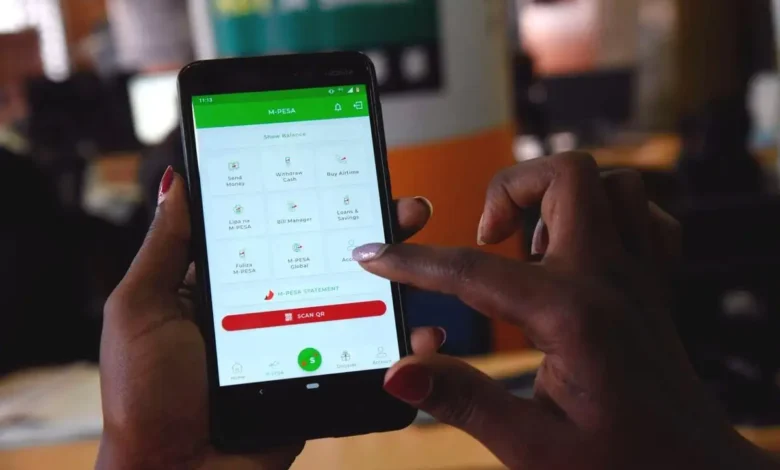
The government is set to transform mobile money paybill and till numbers into electronic tax registers (ETRs) by December 25, aiming to tackle tax evasion. M-Pesa Paybills Tax
This initiative was revealed by Moses Kuria, a senior economic adviser to President William Ruto, during a tax summit held on Wednesday.
Kuria, who was formerly a Cabinet Secretary, shared that starting December next year, all paybills will function as virtual ETRs in an effort to expand the tax base. “We’ve agreed with the Commissioner-General that come Christmas 2024, all paybills will also be virtual ETRs for the purposes of [tax collection],” Kuria said. “I know there is going to be some noise, but I also want you to tell me where we agree that someone will not pay taxes? Maybe I missed that point.”
This initiative specifically targets traders utilizing mobile money platforms like Safaricom’s M-Pesa who have not yet been included in the existing tax framework.
Read Also: Transmit Partners with 22Bet
Notably, of the more than two million companies using mobile paybill services, only 200,000 are registered with physical ETRs, highlighting a significant gap in revenue potential.
Kuria emphasized that the initial focus of this transition will be on businesses generating over Sh5 million in annual sales.
President Ruto has previously pointed out that the country’s extensive mobile money user base offers a prime opportunity to improve revenue collection.
In line with this effort, the Kenya Revenue Authority (KRA) is actively working on integrating its systems with mobile phone operators to identify income tax evaders.
As part of this strategy, mobile money transactions will soon be treated similarly to an electronic tax invoice system (eTIMS), facilitating easier tracking of sales and tax computation.
This development arises amid mounting pressure on the government to boost funding following the retraction of several tax measures proposed in the Finance Bill 2024, which was prompted by public protests. M-Pesa Paybills Tax























